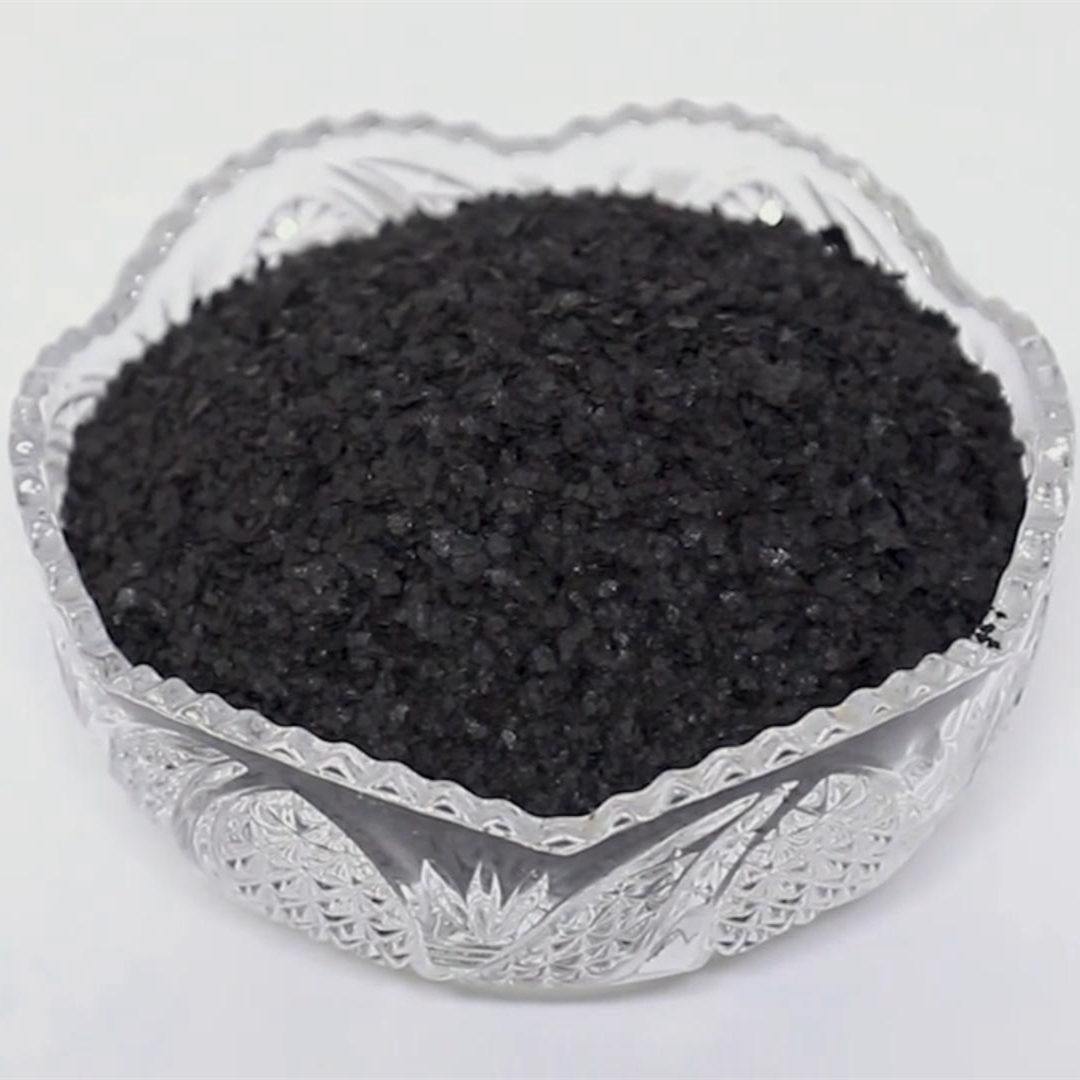
Dec . 18, 2024 04:42 Back to list
potassium tomato fertilizer
The Importance of Potassium in Tomato Fertilizers
Tomatoes are one of the most popular and widely consumed vegetables across the globe. A key factor in the successful cultivation of healthy tomato plants is the appropriate use of fertilizers. Among the various nutrients required for optimal growth, potassium plays a crucial role. This article will explore the significance of potassium in tomato fertilizers, how it benefits the plant, and the best practices for its application.
Understanding Potassium’s Role
Potassium (K) is one of the three primary macronutrients needed by plants, alongside nitrogen (N) and phosphorus (P). Unlike nitrogen and phosphorus, which are involved in the formation of amino acids and root development, potassium is primarily responsible for regulating various physiological processes within the plant. It enhances water regulation, carbohydrate synthesis, and enzyme activation, all of which are vital for healthy tomato growth.
Benefits of Potassium in Tomato Growth
1. Improving Fruit Quality Potassium is essential for the development and maturity of fruits. Proper potassium levels lead to better fruit size, color, and taste. Tomatoes with adequate potassium often have higher sugar content, improving their sweetness and overall marketability.
2. Disease Resistance Increased potassium levels help strengthen the plant's defenses against diseases. Tomatoes high in potassium are often more resilient to common diseases like blight and wilt. This increased resilience is vital for farmers aiming to reduce dependency on chemical pesticides.
3. Water Regulation Potassium helps in the regulation of stomata, the tiny openings on leaf surfaces that control gas exchange. By influencing the opening and closing of stomata, potassium plays a crucial role in maintaining water balance within the plant, especially under conditions of drought or high humidity.
4. Photosynthesis and Energy Transfer Potassium is involved in various biochemical processes, including photosynthesis. It facilitates the transfer of energy within the plant, ensuring that tomatoes can efficiently convert sunlight into the energy required for growth.
potassium tomato fertilizer

Choosing the Right Fertilizer
When selecting fertilizers for tomato cultivation, it is vital to choose one that contains adequate levels of potassium. Fertilizers are typically labeled with a series of three numbers indicating the percentage of nitrogen, phosphorus, and potassium (N-P-K). For tomatoes, a balanced fertilizer with a high middle number (P) and a significant level of K (last number) is ideal—like a formula such as 5-10-10 or 8-16-16.
Organic fertilizers, like potassium sulfate and wood ash, are also great sources of potassium and can be beneficial for tomato plants. These natural options not only provide potassium but also enrich the soil with organic matter, improving its overall health.
Application and Timing
The timing of potassium application is another factor that can influence tomato yield and quality. Potassium should be applied throughout the growing season. It is beneficial to incorporate potassium-rich fertilizers into the soil before planting to ensure that it is readily available when seedlings emerge. Furthermore, side dressing with potassium fertilizers during the flowering and fruiting stages can significantly boost production.
Over-fertilization should be avoided, as excessive potassium can lead to nutrient imbalances, affecting the overall health of the plant. Regular soil testing can help determine potassium levels and guide appropriate fertilizer use.
Conclusion
In conclusion, potassium is a vital nutrient for tomato plants, influencing everything from fruit quality to disease resistance. The appropriate use of potassium-rich fertilizers can help optimize tomato yields and ensure healthier plants. By understanding the role of potassium, selecting suitable fertilizers, and applying them at the right time, tomato growers can achieve remarkable results. Whether cultivating tomatoes in a backyard garden or on a large-scale farm, paying attention to potassium levels will undoubtedly lead to a more bountiful harvest. With proper care and attention, gardeners can enjoy the fruits of their labor—literally!
-
Premium 8 12 16 Fertilizer – High-Efficiency Compound & Granular NPK Supplier
NewsJun.10,2025
-
High Quality Agricultural Grade NPK Fertilizer Manufacturer & Supplier Reliable Factory Price
NewsJun.10,2025
-
Organic Fertilizer for Corn Boost Yield Sustainably
NewsJun.10,2025
-
Organic Fertilizer for New Plants Natural Growth Boost & Eco Nutrients
NewsJun.10,2025
-
Optimized Hydroponic NPK Fertilizer – Fast Growth & Nutrients
NewsJun.09,2025
-
Top-Rated NPK Fertilizer for Fruit Trees - Boost Growth & Yield
NewsJun.09,2025
